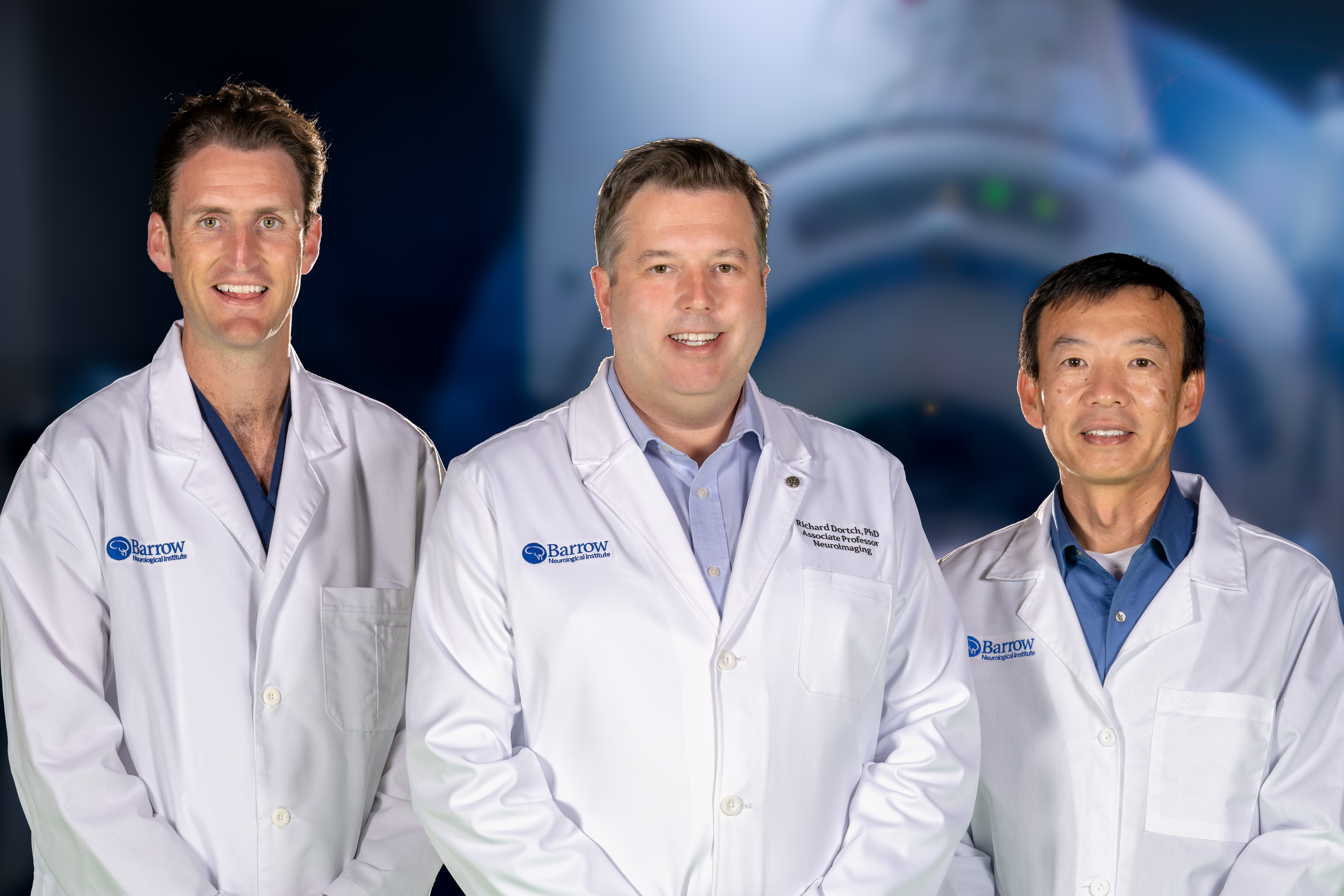
Wang Laboratory
Laboratory Focus
The biochemical changes in the extracellular matrix of biological tissues typically occur before symptoms appear. Early detection of such changes plays a critical role in the characterization of neuropathology, which not only offers therapeutic interventions before the generation of stable, irreversible tissue damage, but could also significantly decrease medical costs. To date, the methods available to determine the matrix components in patients have mainly relied on invasive immunochemical and biochemical analyses. The development of reproducible and reliable noninvasive imaging biomarkers is of extreme importance for evaluating disease progression and the effects of treatment.
Our research focuses on understanding the fundamental origins of the magnetic resonance imaging (MRI) signals that give rise to useful image contrast. We aim to use this understanding to develop better imaging methods that are more sensitive and specific to the biochemical basis of neuropathology. In particular, we use MRI to exploit the chemical exchange between water and labile protons, as well as the total macromolecular content in the matrix. We have shown that chemical exchange sensitive imaging using spin-lock and CEST may provide a noninvasive alternative to evaluate macromolecular species by quantifying the parameters of the exchange process of protons. Additionally, qMT may be able to assess the total macromolecular content by measuring the ratio of immobile protons in macromolecules to free water.
Our current projects include quantitative MRI for intervertebral disc degeneration and amyotrophic lateral sclerosis. In both conditions, the loss or abnormal accumulation of matrix components signify progression of the disease. We are developing multiparametric MRI approaches for a more complementary assessment of neuropathology in vivo, with the goal of providing clinically translatable imaging biomarkers capable of detecting macromolecular changes in the extracellular milieu. This has the potential to significantly improve the early diagnosis and treatment outcome of neurological disorders.

Contact Information
Ping Wang, PhD
Associate Professor, Neuroimaging Research
Barrow Neurological Institute
350 West Thomas Road
Phoenix, AZ 85013
(602) 406-5663
Ping.Wang@BarrowNeuro.org


